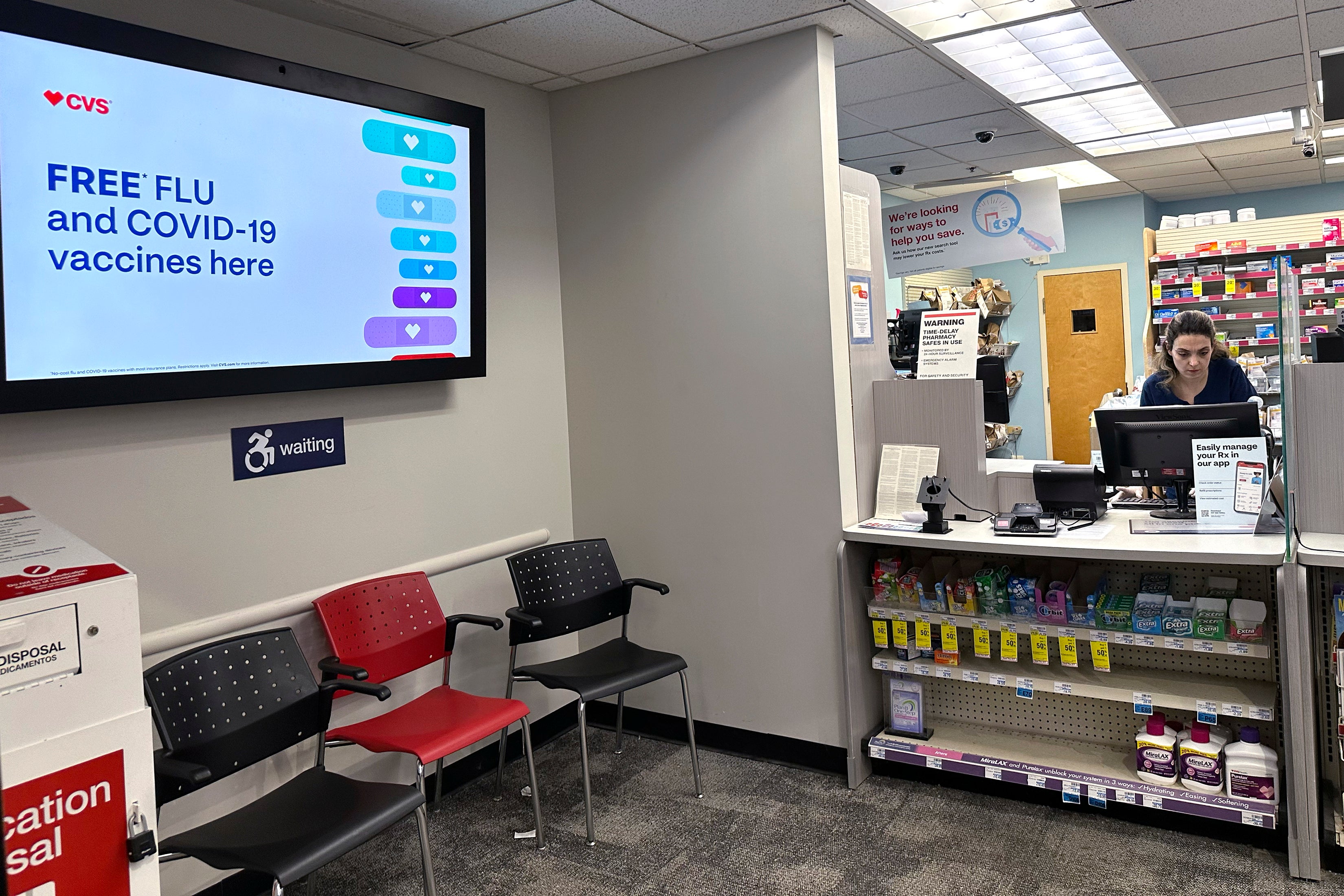Flu shots are doing OK vs. virus, US numbers indicate
Early estimates suggest flu shots are performing OK in the current U.S. winter flu season

Early estimates suggest flu shots are performing OK in the current U.S. winter flu season.
The vaccines were around 40% effective in preventing adults from getting sick enough from the flu that they had to go to a doctor’s office, clinic or hospital, health officials said during a Centers for Disease Control and Prevention vaccines meeting Wednesday. Children who were vaccinated were roughly 60% less likely to get treatment at a doctor's office or hospital, CDC officials said.
Officials generally are pleased if a flu vaccine is 40% to 60% effective.
The shots tend to do better when they are well matched against the circulating flu strains. Officials say that's what's happened during this — relatively typical — flu season.
Annual flu vaccines are recommended for everyone 6 months and older in the U.S. About half of eligible kids and just under half of adults got flu shots in the last several months, according to CDC data.
The CDC uses several systems to track the vaccines. One is a network of hospitals that offer information on how well the vaccines prevent flu-related illnesses bad enough to require admission. Another draws on outpatient data from urgent care clinics and hospital emergency departments.
Estimates from four different surveillance systems were presented at Wednesday's meeting of a committee that advises the CDC on vaccines. The findings were reported as ranges, but their midpoints hovered close to 40% for adults and around 60% for adults.
The adult effectiveness estimate is similar to what CDC initially reported for last flu season. The shots proved less effective in some other recent seasons, the results influenced by what virus strain was dominating and how well the vaccines were matched to it.
One committee member expressed disappointment at recent effectiveness findings.
“There seems to be diminishing returns for annual influenza immunization,” said Dr. Sarah Long, of Drexel University.
Long asked whether repeated vaccinations, year-after-year, might be leading to lower immune system responses. A CDC official said some researchers have been exploring that question, so far without conclusive results.
“One thing that does seem to arise consistently from these things is that in general you are better off if you got vaccinated than if you didn't,” said the CDC's Dr. Lisa Grohskopf.
___
The Associated Press Health and Science Department receives support from the Howard Hughes Medical Institute’s Science and Educational Media Group. The AP is solely responsible for all content.
Bookmark popover
Removed from bookmarks